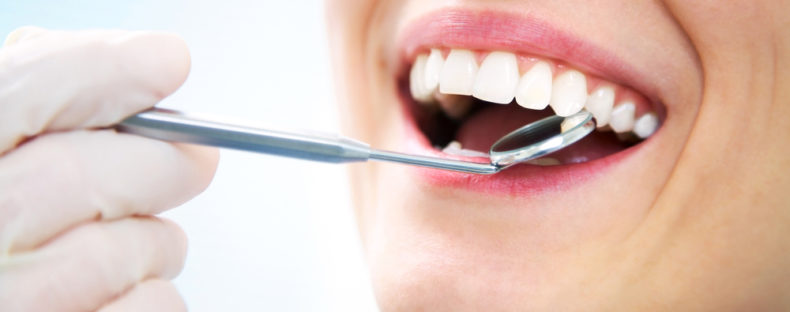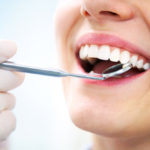Scientists find Alzheimer’s drug makes teeth grow back
Researchers at King’s College London found that the drug Tideglusib stimulates the stem cells contained in the pulp of teeth so that they generate new dentine the mineralized material under the enamel. Teeth already have the capability of regenerating dentine if the pulp inside the tooth becomes exposed through trauma or infection, but can only naturally make a very thin layer, and not enough to fill the deep cavities caused by tooth decay. The procedure has so far only been used in mouse teeth, but it was shown to ‘fill the whole injury site’. But Tideglusib switches off an enzyme called GSK-3 which prevents dentine from carrying on forming. Scientists showed it is possible to soak a small biodegradable sponge with the drug and insert it into a cavity, where it triggers the growth of dentine and repairs the damage within six weeks… Tideglusib has already been shown to be safe in clinical trials of patients with Alzheimer’s disease so scientists say that the treatment could be fast-tracked into dental practices.
The research was published in the journal Scientific Reports.




